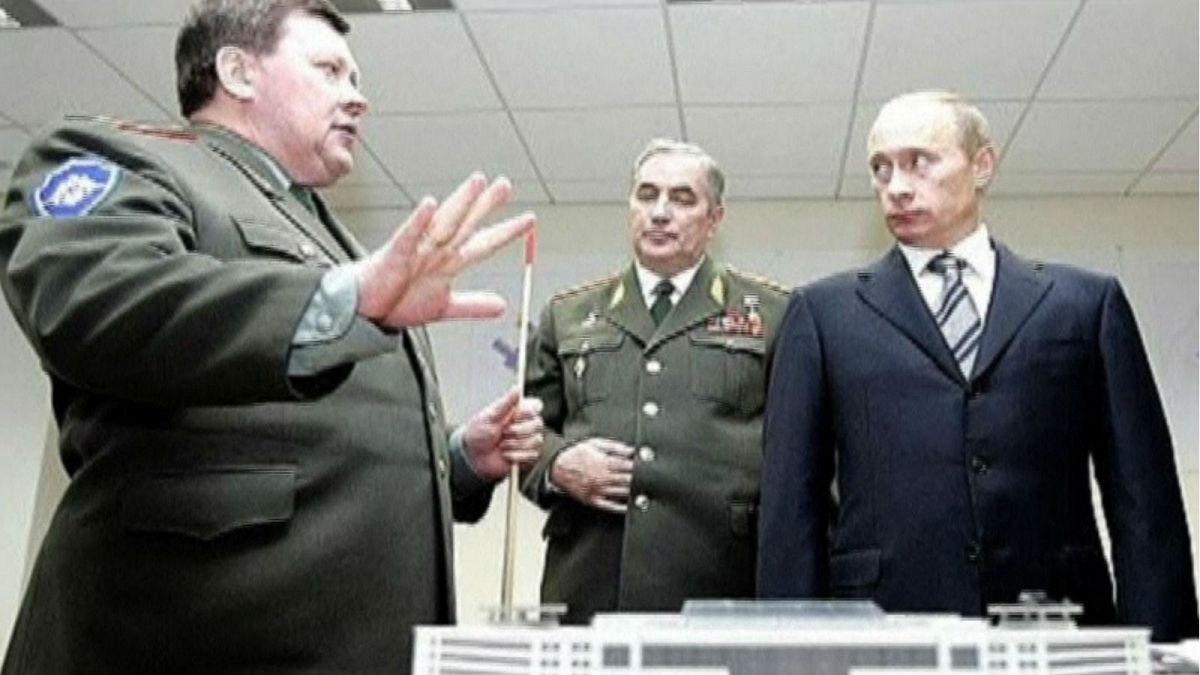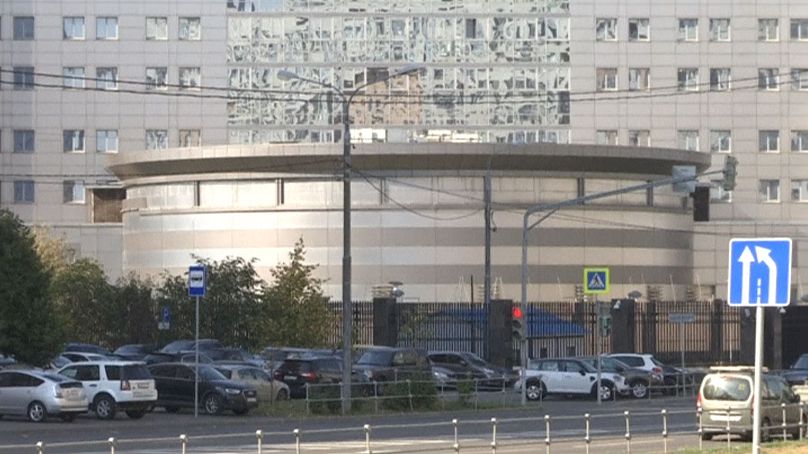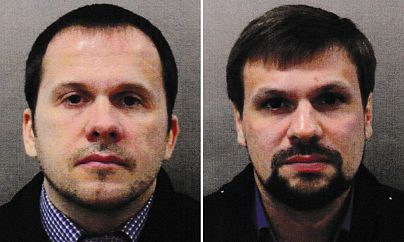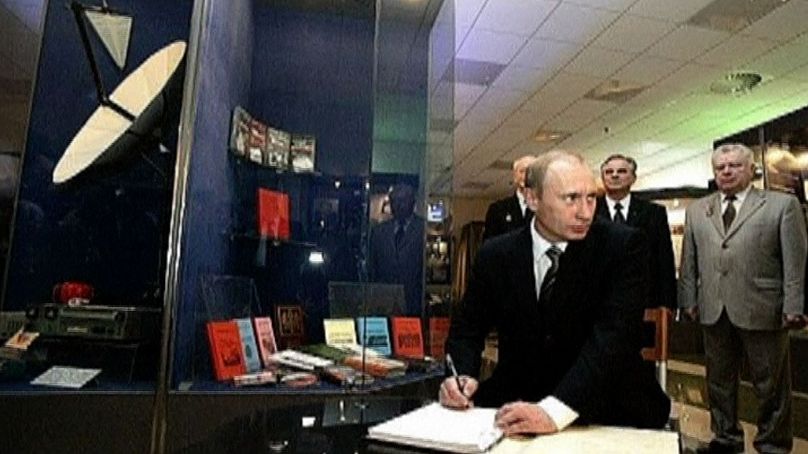The UK government has claimed two GRU officers carried out the Salisbury Novichok attack — different from the KGB, what do we know about Russia's most secretive intelligence agency?
The British government Wednesday claimed that the two people responsible for the poisoning of Sergei and Yulia Skripal with the nerve agent Novichok in March were linked to the Russian Main Intelligence Directorate (GRU).
Here's what we know about the most secretive of Russia's intelligence agencies:
What is the GRU?
To put it simply, the GRU is the intelligence arm of the Russian military. It's different to the Foreign Intelligence Service (SVR) and Federal Security Service (FSV), which combined used to be the KGB.
The GRU answers directly to the chief of the general staff and the Russian defence minister, each of whom are thought to have access to Russia's portable nuclear briefcase.
Sergei Skripal once worked in the GRU but was turned by Britain's MI6 spy service. He is believed to have betrayed dozens of GRU spies across Europe to his British handlers.
The Russian military organisation was renamed the GU in 2010 but is still more commonly known by its old name, the GRU, both internally and externally.
The organisation does not have a website and does not comment publicly on its actions. Its structure, staff numbers and financing are state secrets.
What does the GRU do?
The service carries out undercover military operations. It has been accused of being involved in undercover action in Ukraine and Syria, as well as direct involvement in hackings ahead of the 2016 US presidential election.
Russia’s RBC news service reported this year that the GRU oversees Russian mercenaries in Syria, fighting there as a so-called shadow army.
Valery Gerasimov, the GRU's chief of the general staff, was sanctioned by the EU over Russia’s annexation of part of Ukraine.
Igor Korobov is the chief of GRU and was sanctioned by the US Treasury in 2016 and this year accused of attempted interference in the US election and cyber attacks.
Russian authorities refuse to discuss GRU's activities — but have generally denied accusations made against the organisation, including the allegations of US election interference.
The British government claimed that Alexander Petrov and Ruslan Boshirov (not thought to be their real names), who it accuses of carrying out the Salisbury attack, were officers in the organisation.
British Prime Minister Theresa May said that in carrying out the Salisbury attack, the officers were almost certainly acting with the approval of Moscow.
"We know that the GRU has played a key part in malign Russian activity in recent years," she said. "The actions of the GRU are a threat to all our allies and to all our citizens."
She told the lawmakers that Britain along with its allies "will deploy the full range of tools from across our national security apparatus in order to counter the threat posed by the GRU".
Russia has repeatedly denied any involvement in the attack.
Where did it all start?
The GRU, Glavnoe Razvedyvatelnoe Upravlenie in Russian, was first created in 1918 as the Red Army's intelligence unit.
During the Stalin era, there was a high turnover of GRU directors — in the 30s, seven consecutive GRU heads were fired and executed upon Stalin's orders.
The organisation's “golden era” was from the 1960s-1990s when it received a lot of state investment and its staff was significantly increased.
The GRU's role was diminished by the FSB (one of the KGB's successors), which took over some functions.
Russian President Vladimir Putin visited the newly built GRU headquarters during his second term in 2006. He was shown taking part in shooting practice.





